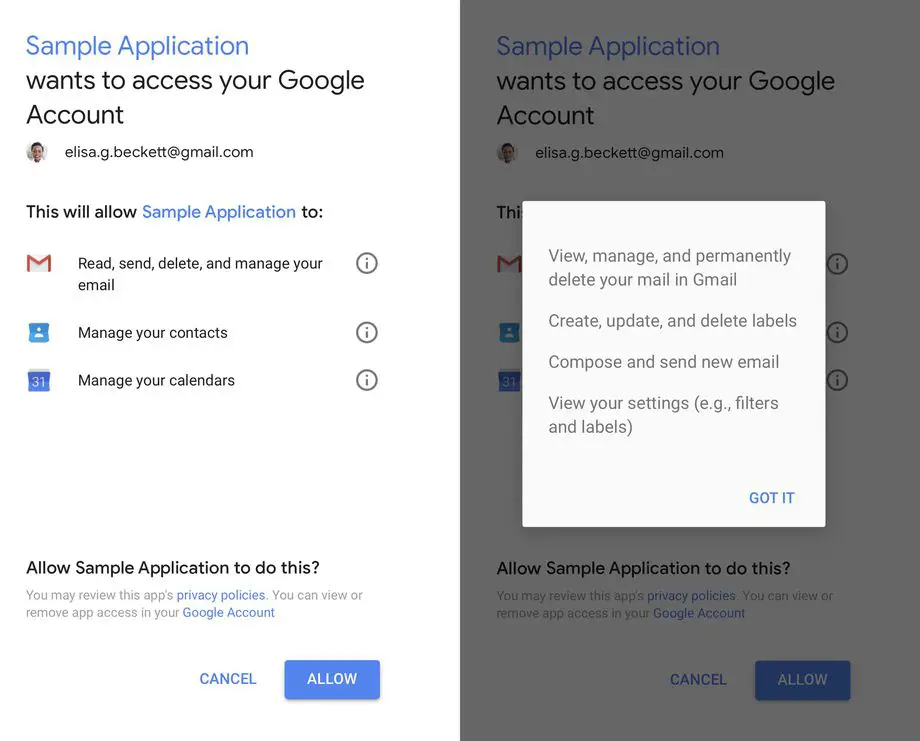
According to The Wall Street Journal, to develop a better software experience, some third-party mail providers (links such as Gmail) allow employees to read users’ emails. According to reports, international mail solution provider Return Path (cooperating with 163 apps) allowed its employees to read nearly 8,000 full user emails to train their software two years ago.
A similar situation exists in Edison Software, which developed the Edison Mail app for iOS and allowed its employees to read hundreds of user emails to create a “smart replies” feature.
The report mentioned that neither company had obtained permission from users to read their mail, but they said that this practice already included in the user agreement. Employees who can read emails are subject to a “strict agreement”, such as Edison, where the user’s information obscured.
The Wall Street Journal interviewed more than 20 current and former employees of email and data companies, saying that Edison, Return Path, and other third-party mail services also use computer scanning to analyse mail.
For privacy reasons, Google has stopped scanning Gmail users’ inboxes since last year but still allows third-party software developers to do so. Other e-mail services like Yahoo and Microsoft also have this problem, providing access with the user’s consent.
While Return Path, Edison, and other app developers (connecting to Gmail or similar mail services) don’t have the problem of abusing user information, many users are concerned that app employees can read their emails. Not many people were aware that they had agreed to this practice when registering a third-party email app.

Google has stated in its statement that it will provide data to external developers who have been reviewed and authorised to access emails. Google says its employees will only read emails in concrete situations, such as user requests and consent, or for security purposes (such as investigating bugs or abuse).
As the Wall Street Journal pointed out, users should be wary of email apps because Google does not provide strong consumer protection on email. It’s easy to create an app that can connect to your Gmail account, and with the convenience of being authorised to access your Gmail inbox, developers can read the entire contents of their mailbox. Not only do large companies have access to this data, but Google even allows certain single-person startups to do so, but data privacy protection may vary.
If you are concerned about this, then you should stick with first-party applications such as Gmail, or read the privacy policy of third-party mail apps and ask how the data is used